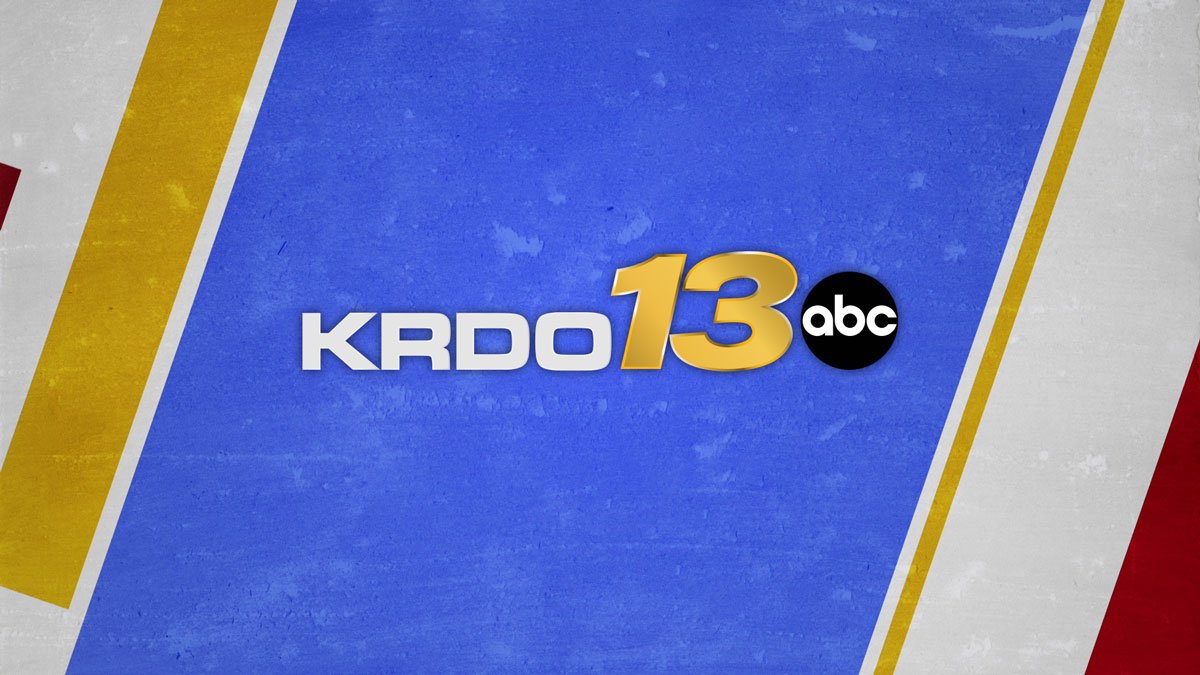Love Scam: A threat behind the lens of a webcam
It’s scary to think someone could be watching you on your computer while you have no idea — it’s a real fear for millions of consumers around the globe, given how nearly every laptop has a webcam now.
The Colorado Bureau of Investigation reports a 50 percent increase in romance-related scams involving web cameras just last year. There were seven cases of victims reporting they were blackmailed by people they were dating online.


Though, it doesn’t always happen that way. In fact, Pueblo native, Margaret Stringer got the same threat but it was via email.
“This might be devastating, terrible, horrifying,” said Stringer.
A note addressed to her with a threatening message.

“They hacked into my computer, that’s what they said, and they will expose my activities to everybody I know to embarrass me unless I send them huge amounts of money,” Stringer said.
It was an attempt at blackmail. The hacker then wrote again he would expose Stringer’s personal online activities to several social media accounts unless she paid him off via bitcoin.
“It is appalling, it is scary, how can people go to such measures to ruin somebody’s life?” said Stringer.
Luckily, Stringer saw right through those lies and didn’t fall for the scam. But, as CBI reports, not everyone does. Often times we rely on that green light to tell us when the camera’s on and somebody’s watching.
But as CBI agent Ralph Gagliardi explains, we won’t know if our webcam is hacked until it’s too late.
“You’re not going to see a result, somebody there inside watching you. So always use best security practices and when in doubt, cover up that camera,” Gagliardi said.
Other tips include making different strong passwords for various accounts and if possible, set up a two-step verification process, which is where someone would need two separate login methods to grant someone access.
If you are a victim of blackmail, contact CBI’s ID Theft & Fraud Unit immediately.


